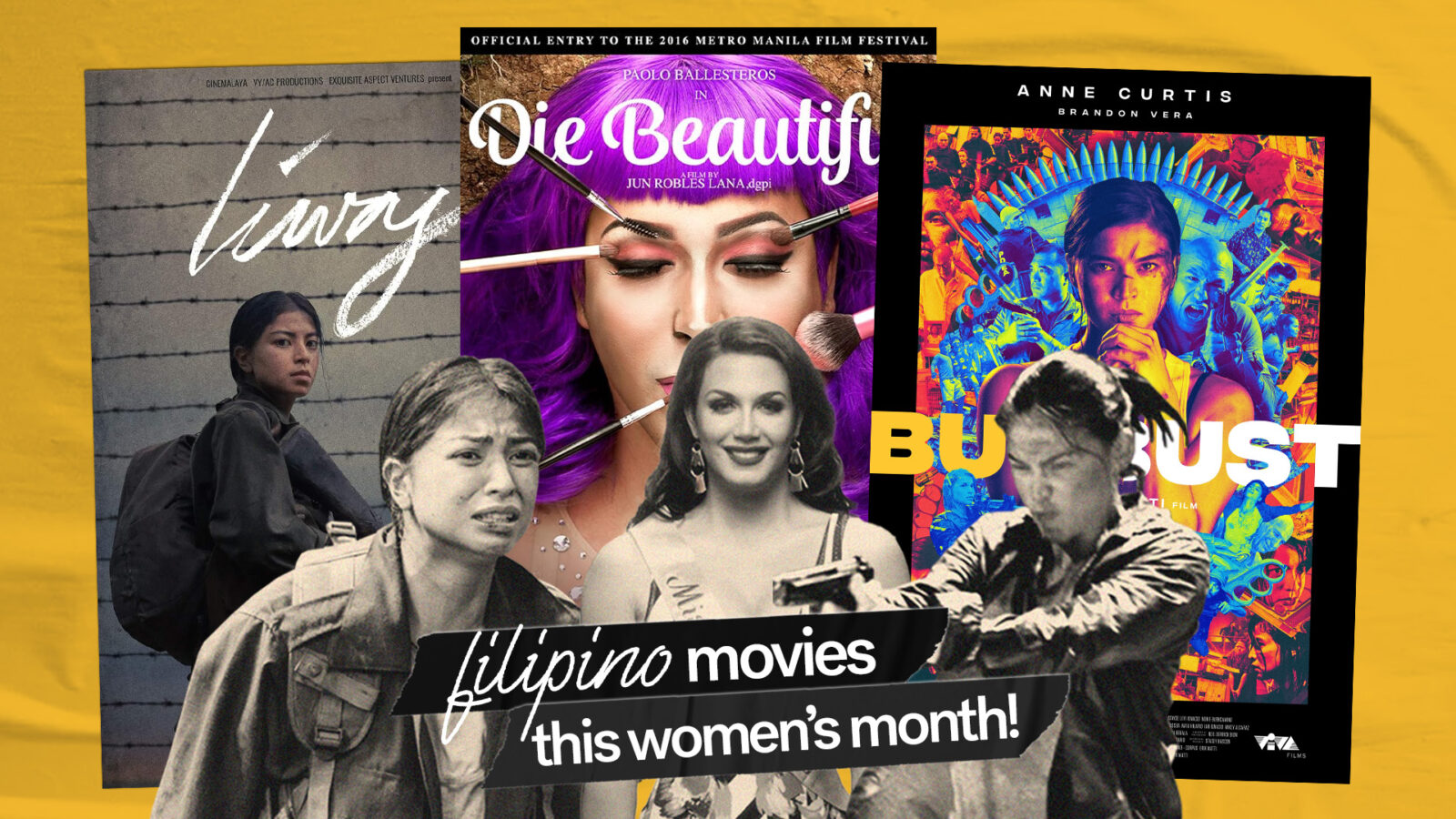Celebrate Women’s History Month by indulging in a binge-watching session of Filipino films that consistently champion women empowerment.
Related: Broaden Your Horizons With Free Film Screenings At The Japanese Film Festival 2024
Every March, Women’s History Month reveals an invaluable opportunity for reflection. Whether drawing inspiration from the extraordinary women in your own life or discovering empowerment through characters on the silver screen, the essence lies in the perpetual act of broadening horizons. This weekend, start conversations with a little bit of both.
Seize the moment to celebrate Women’s History Month with the women in your life by binge-watching Filipino films that consistently champion female empowerment. Below, we’ve curated films that move beyond storytelling; they highlight the strides women have made throughout history, both on and off camera. Scroll through the cinematic creations that serve as a compelling starting point, encouraging a deeper exploration of the limitless stories and perspectives that contribute to the rich experiences of women worldwide.
Bata, Bata Pa’no Ka Ginawa (1988)
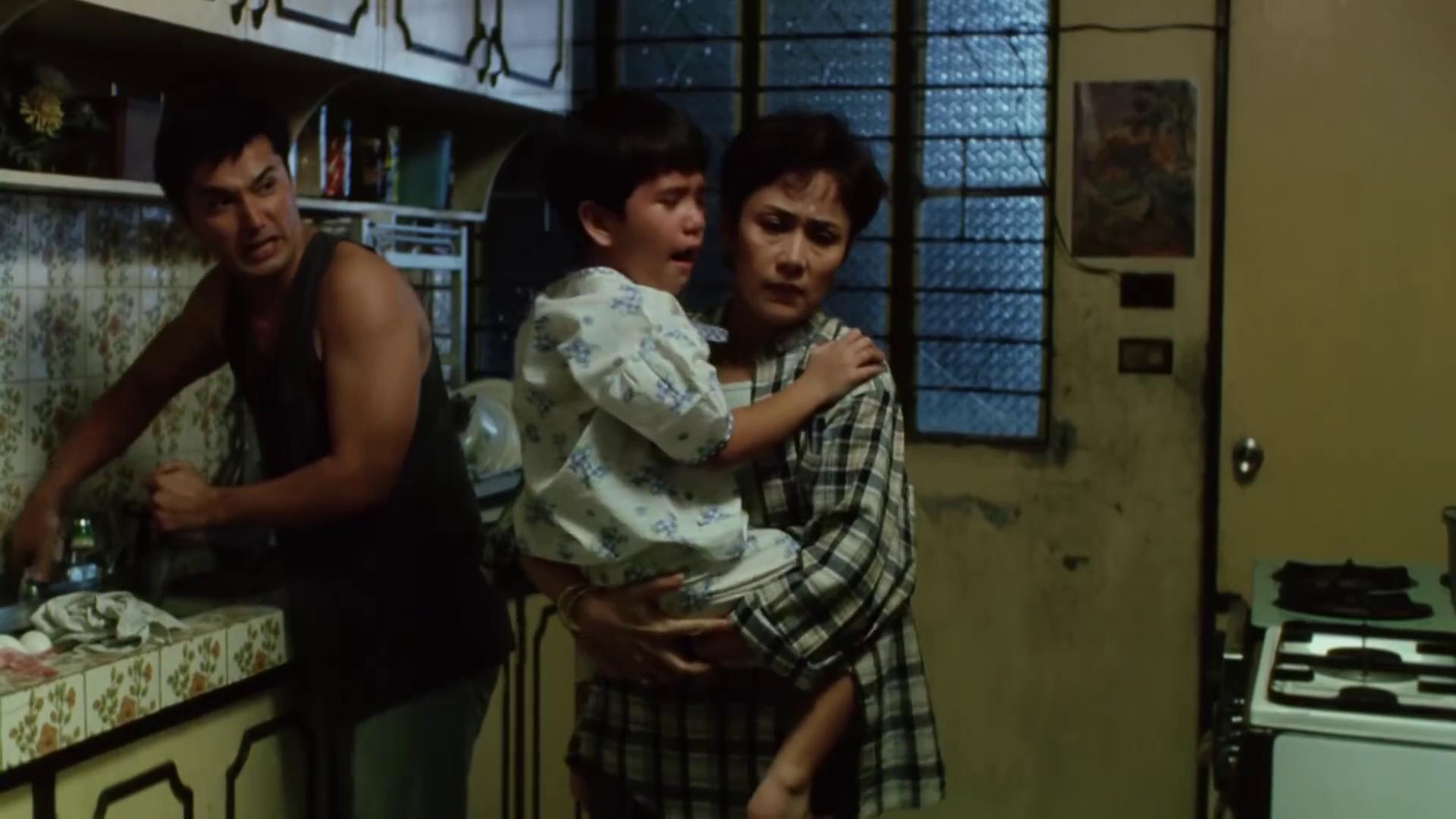
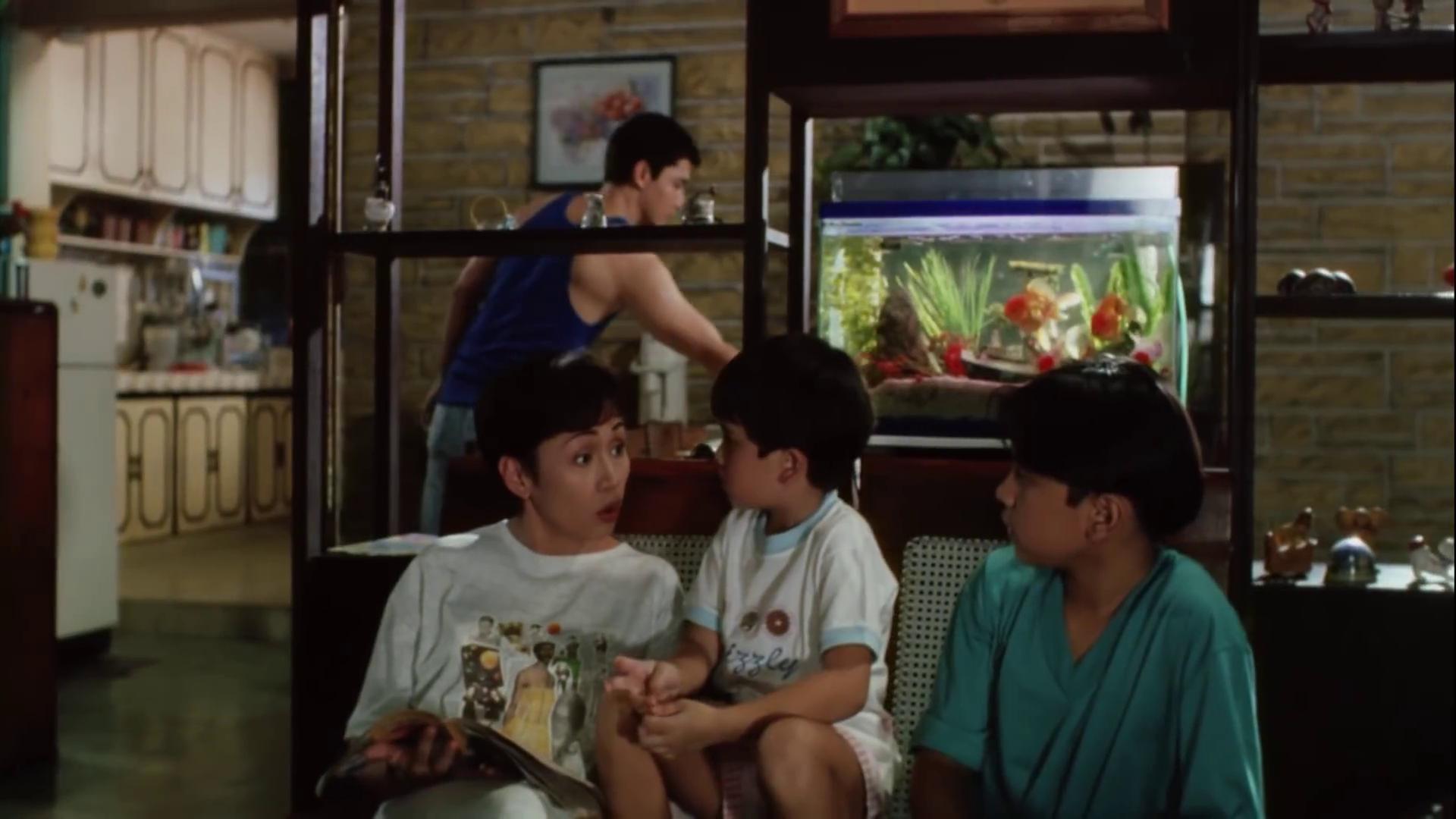
Although this film was released decades ago, the issue of women’s empowerment in Bata, Bata, Pa’no Ka Ginawa (1988) remains relevant today. Based on the novel written by the female author Lualhati Bautista, Lea’s story revolves around the life of an activist who grapples with the challenges of raising her children as a single mother while working at a women’s crisis center.
Portrayed by Vilma Santos, the protagonist emerges as a powerful symbol of resilience, steering the ship across a world that often imposes this-and-that on those challenging conventional family structures.
BuyBust (2018)


In a cinematic world where women are often typecast as little more than eye candy in action films, the portrayal of strong FMCs is a rare gem. Then again, Anne Curtis fearlessly shattered stereotypes and turned the tables with her role in BuyBust (2018).
Serving as a biting commentary on the Philippines’ War on Drugs during the Duterte administration, Anne takes center stage as a force to be reckoned with, single-handedly tackling the chaos of blood, bullets, and gunfights in the slum areas of Manila. Beyond simply showcasing her talent, her performance is a resounding testament to the power and resilience of women. It’s a reminder that women are more than capable of taking on roles that demand determination and physical strength, both on and off the silver screen.
Die Beautiful (2016)
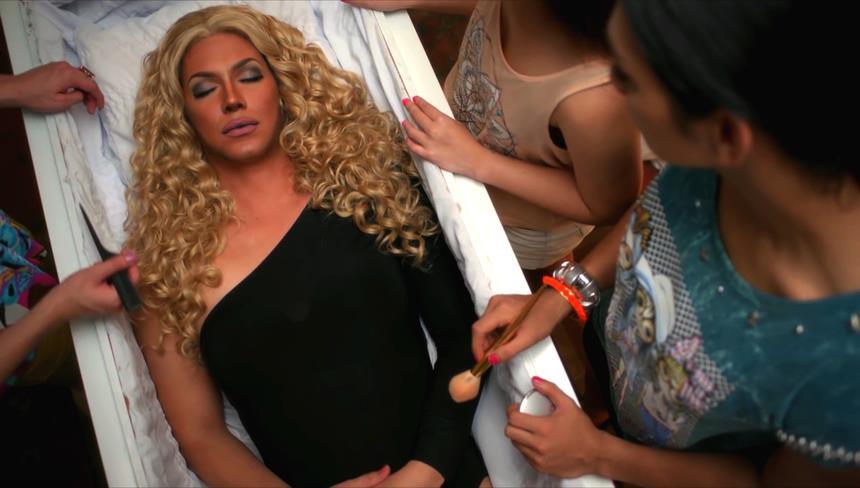
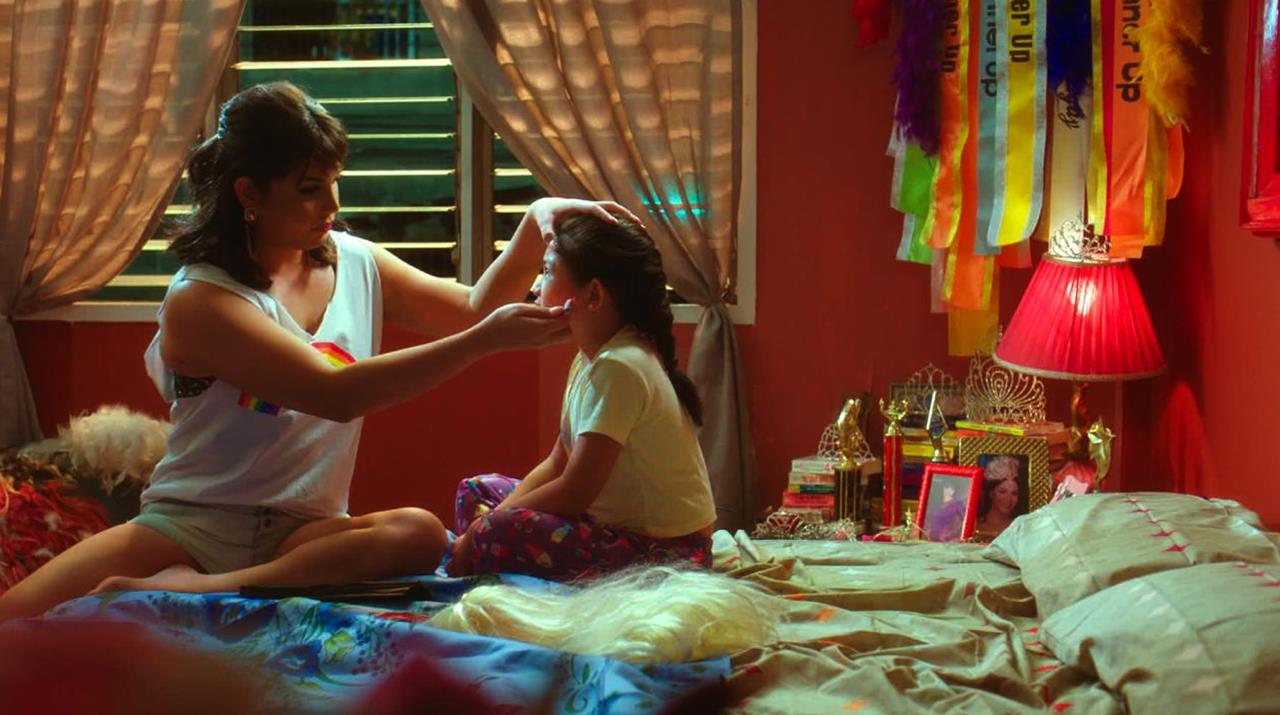
Die Beautiful (2016) narrates the tale of a trans woman who defies norms to realize her dual dreams of motherhood and beauty pageantry. Portrayed by Paolo Ballesteros, Trisha’s narrative mirrors the struggles of trans women worldwide, battling for acceptance amidst familial and societal prejudices.
Now, without any spoilers, one of the things we loved most about this film is how beautiful trans communities can be—especially in a society that tolerates but doesn’t always accept them. It’s safe to say the team behind this film deserved to win all those awards, from the 29th Tokyo International Film Festival to the 40th Gawad Urian Awards.
Insiang (1976)

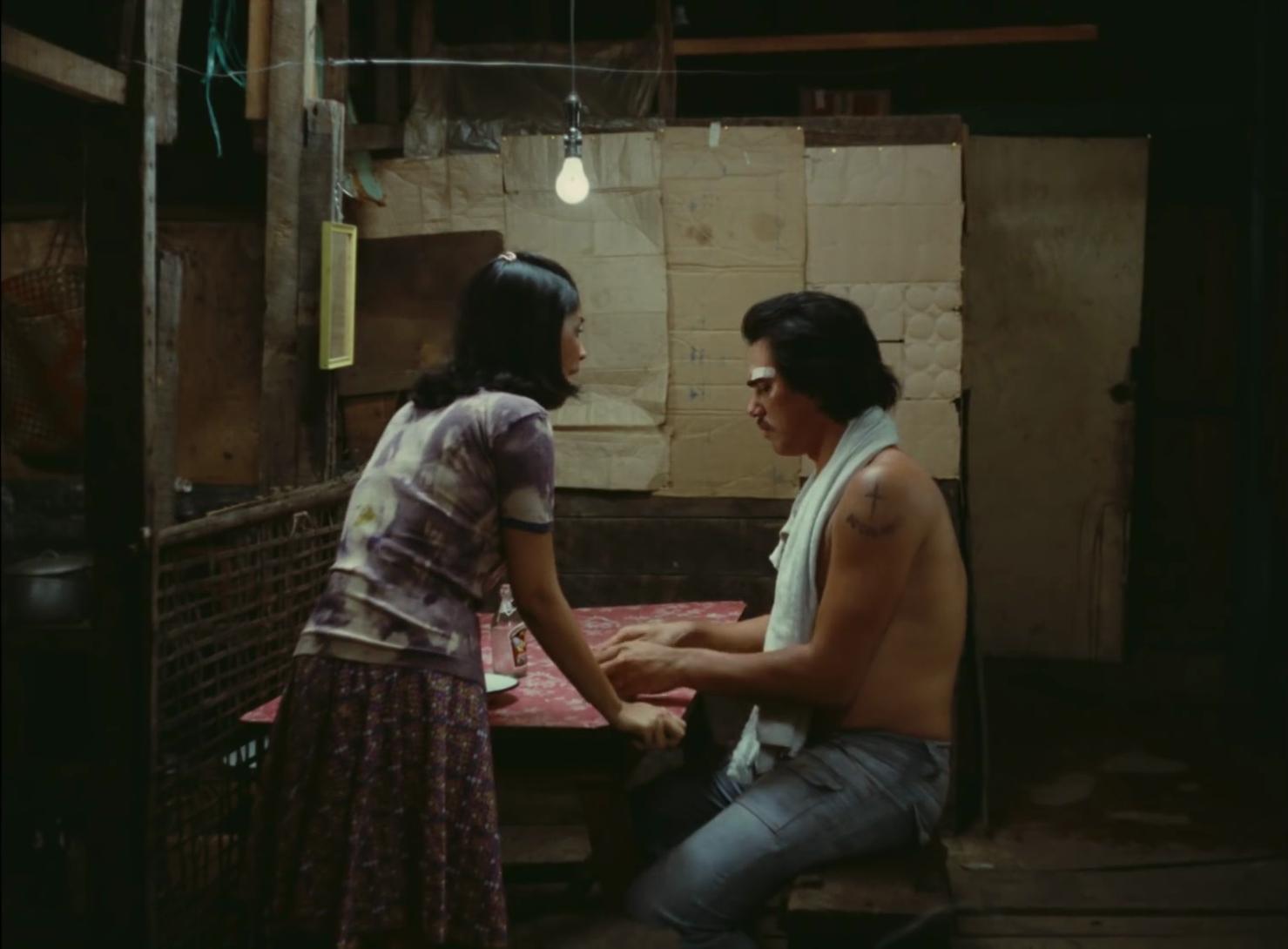
Insiang (1976) provides viewers with a stark portrayal of the harsh realities of life in low-lying areas of poverty. Initially introduced as a typically timid girl, Insiang’s character (portrayed by Hilda Koronel) unfolds in the slum, where her sexuality becomes a weapon used against her. However, as the narrative progresses, Insiang undergoes a remarkable transformation into a more mature individual, challenging the conventional Filipina gender stereotype as she seeks revenge.
The film delves into societal issues—particularly poverty and patriarchy—offering a poignant exploration of the challenges faced by its protagonist. Through the series of hardships she endures, Insiang learns to leverage what was once considered a disadvantage. Notably, as the first Filipino film featured in the Cannes Film Festival in 1978, Lino Brocka’s masterpiece underscores the idea that a woman’s courage can go hand-in-hand with femininity.
Ka Oryang (2011)
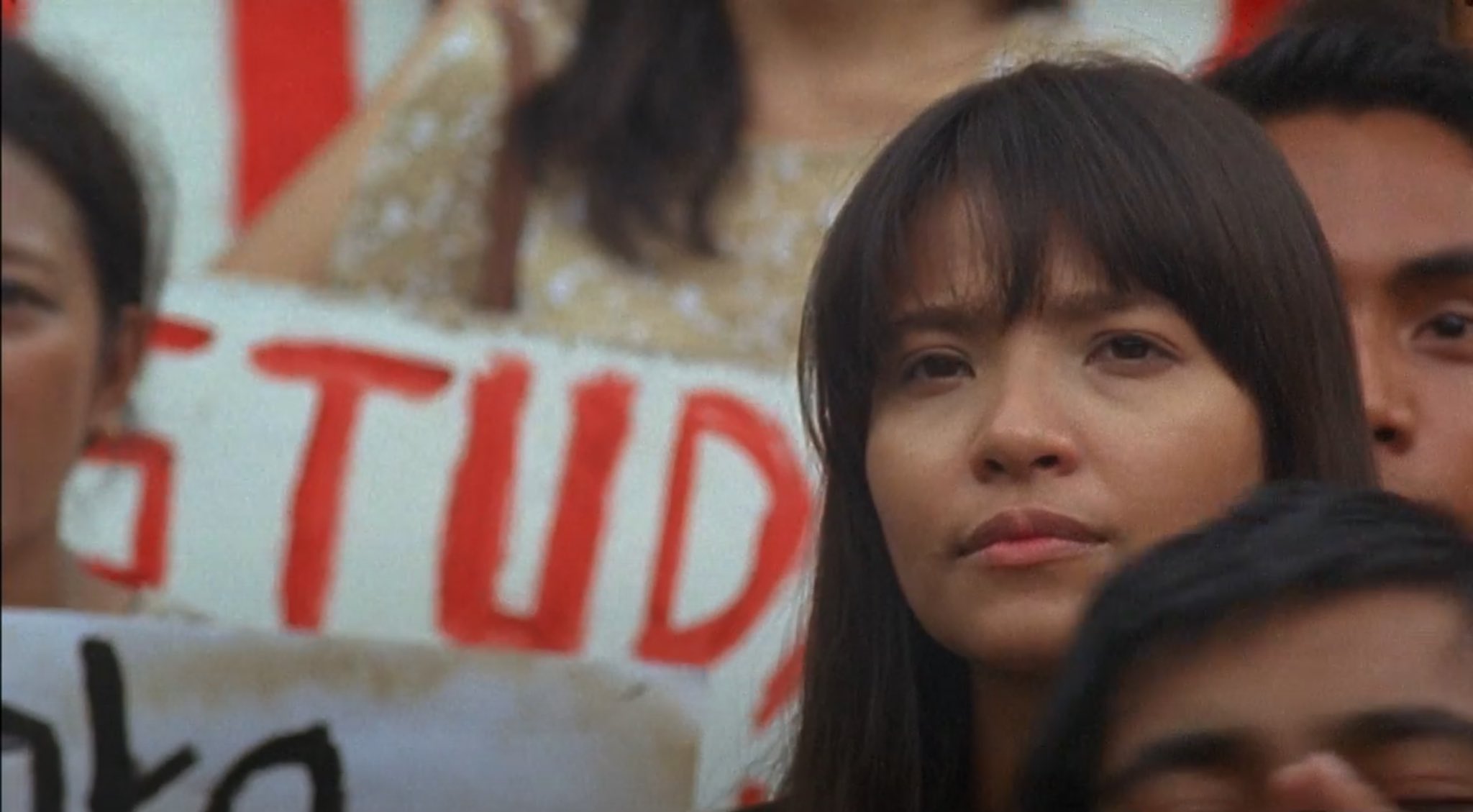
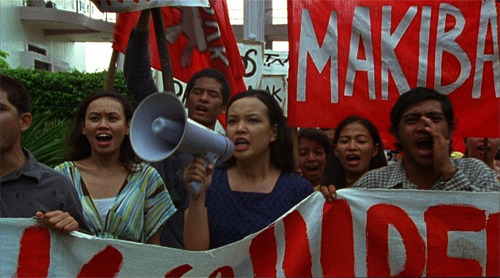
Set against the tumultuous backdrop of Martial Law in the 1970s, Ka Oryang (2011) emerges as a compelling cinematic narrative that sheds light on the pivotal role women played during these dark times. Portrayed by Alessandra de Rossi, she brings to life the character of a University of the Philippines student exposed to rural immersions, adding depth to the exploration of societal issues during the Marcos regime.
The film captivates its audience by delving into the hardships faced by women who, far from conforming to traditional norms, bravely protect those imprisoned by the military. It challenges the conventional definition of women, breaking free from the stereotype of femininity, and revealing the untold stories of female rebels fighting for our country.
Liway (2018)
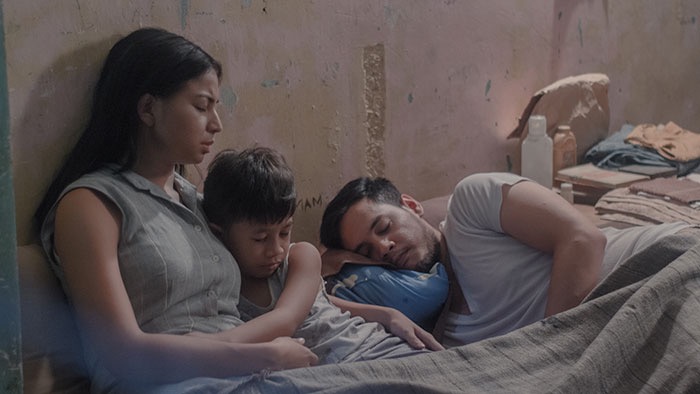

In the heart-wrenching narrative of Liway (2018), inspired by true events, Dakip finds himself held captive within the confines of Camp Delgado—a makeshift prison nestled within a military camp for rebels during the Marcos dictatorship. To protect him from the brutal truths of their existence, Day (portrayed by Glaiza de Castro), Dakip’s mother, becomes the unwavering guardian of his innocence, using songs and tales of an enchantress named Liway.
Beyond serving as a captivating portrayal of the traumas and stories that defined the 70s, the film illuminates the extraordinary strength exhibited by mothers. Day’s resilience becomes a beacon of hope, illustrating the lengths to which mothers will go to instill a sense of optimism in their children, even in the darkest of times.
Sakaling Hindi Makarating (2016)


In another film featuring Alessandra de Rossi, her character in Sakaling Hindi Makarating (2016) follows a series of mysterious postcards in search of an anonymous admirer. As she travels through Zamboanga, Siquijor, and Batanes, she encounters a diverse cast of characters, each with their own unique stories, perspectives, and purposes. Through these chance encounters, Alessandra unravels the meaning of the postcards and delves deep into themes of loss, healing, and emotional growth.
When women’s empowerment never stops thriving, this movie illuminates our perpetual exploration of self-discovery. It highlights how nothing is more powerful than being there for ourselves, as we navigate the twists of love and loss.
Continue Reading: 7 Books By Women For Women You Should Check Out This Women’s Month
